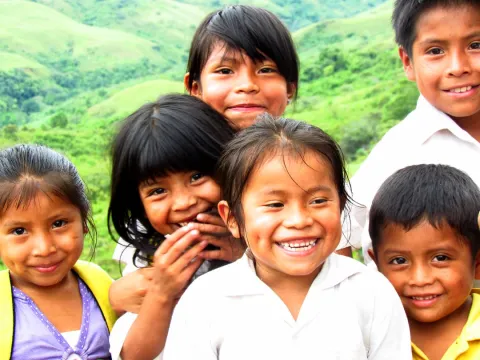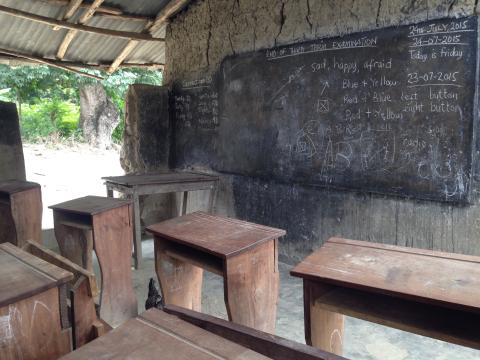Related Topics
Early Childhood Care and Education
IPA’s work in ECCE includes running communities of practice with practitioners, advising ministries of education on policy development and implementation, and conducting high-quality research projects on a range of different ECCE interventions, from parenting programs to teacher training for kindergarten teachers.
Education in Emergencies
IPA has a growing portfolio of education projects in settings affected by conflict and/or crisis and is working to develop our expertise in how to conduct high-quality research and support actors working in these critically important settings.
Education System Strengthening
IPA has over a decade of experience collaborating with ministries of education to co-create and conduct research projects, to use data and research to inform decision-making, and to understand education systems and their actors and what can be done to improve learning and other educational outcomes.
Social Emotional Learning
From early childhood development to adolescents’ life skills, there is increasing interest in understanding a range of important skills and competencies for young people. IPA is working on improving measurement, intervention, and research in this area.
Foundational Skills
Developing foundational skills in basic literacy and numeracy provides the building blocks for an education. IPA has a range of research projects on this topic.
School-Based Violence
One billion children experience violence every year. Schools are increasingly recognized as an important setting in which to address violence, inspiring new research. IPA is working to build its expertise in this area, which presents many challenges for conducting quality and ethical research.
Assessment
IPA has developed internal expertise in designing and conducting learning assessments. In response to high demand from many of our partnerships with education ministries, and after successfully supporting Liberia’s Ministry of Education to develop a national learning assessment policy, IPA is expanding our work in this area.
A Dual-Generation Approach to Early Childhood Development
Dual-generation theory argues that to truly transform the lives of children facing severe adversity, it is necessary to support adult caregivers to transform their own lives. IPA has been exploring the application of dual-generation theory to international settings, across a range of policy, intervention design, and research projects.
Qualitative Research
Improving IPA’s work in qualitative research is one of the methodological goals of IPA’s Education Sector. Projects in this area include responding to direct requests from ministries of education for targeted qualitative research, investigating the underlying mechanisms of effective intervention, and initial exploratory research on intervention design.















